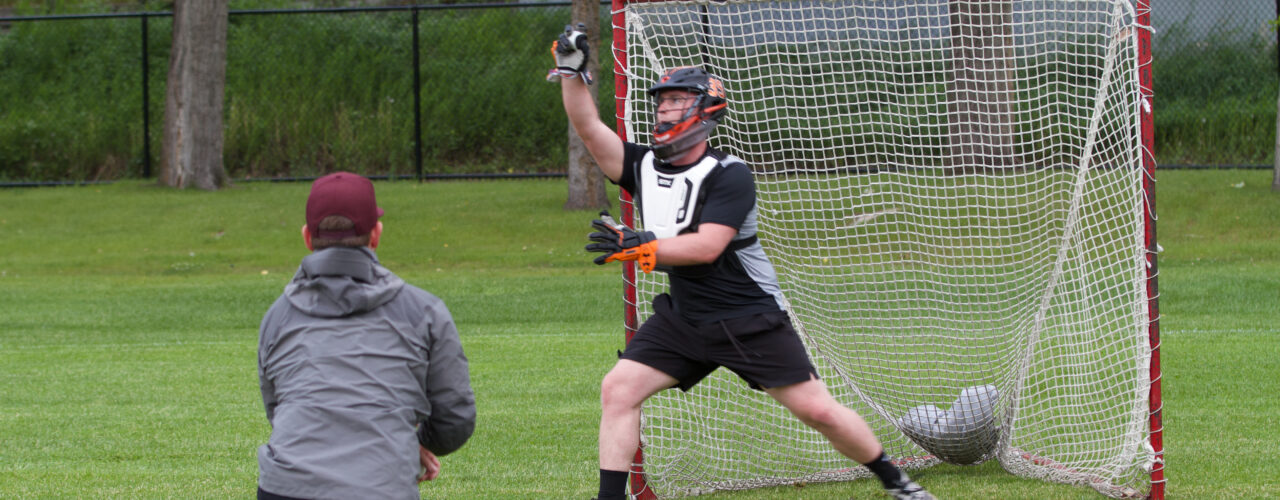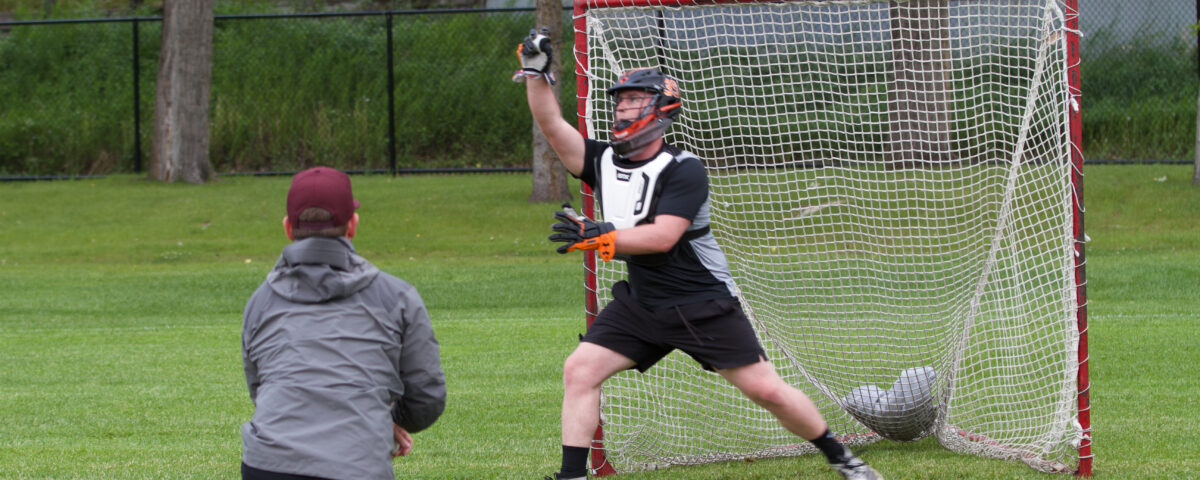THE HUDDLE
Calgary, Alberta – January 13, 2021

We cannot become what we want to
be by remaining what we are.
- Max De Pree
In 2003 the British Cycling team made an influential change to their organization by hiring Performance Director, Sir David Brailsford. Until then, professional cycling in Great Britain had suffered tremendously in competitive events. The British Cycling team struggled, winning only one Olympic Gold medal in 100 years and zero first place finishes in The Tour de France. Brailsford was hired to change that.
Brailsford implemented a system he called “the aggregation of marginal gains,” meaning he was prepared to focus on implementing small improvements in every single aspect of the cycling team. Brailsford believed that if each area improved by 1%, there would be a significant overall increase in the results when you put everything together.
We are always striving for improvement, for those 1% gains, in absolutely every single thing we do.
– Sir David Brailsford
Brailsford and his team improved everything from the ground up; utilized lighter uniforms, developed more comfortable bike seats, and implemented biofeedback sensors in workouts to monitor athlete performance. Even sleeping was improved by determining the proper mattress and pillow for each athlete. Every single component that played a part in the overall operation of the team was improved on.
Marginal gains eventually paid off. In 2008, the British Cycling team dominated the Olympic Games in Beijing by capturing 14 medals, 8 of which were gold. In the 2012 Olympic Games in London, they set nine Olympic records and seven world records. That same year, cyclist Bradley Wiggins became the first British Cyclist to capture The Tour de France, breaking the 110-year drought. The principle of implementing minor, compounding changes into small details paid off for the British Cycling team.
There are many factors that play into the success of a group or individual, but if we focus on the mindset and concept of marginal gains, we have the potential to see an incredible effect when building habits and staying disciplined to the overall goal.
Could marginal gains be practical in our everyday life? In previous entries of The Huddle, we’ve explored habit building and discipline, two key ingredients in reaching goals and accomplishments. If we work on developing ourselves by 1% each day, we have the potential to see exponential growth throughout the year, in turn projecting us closer to our goals. The opposite can have a similar effect on us. If we start to slip by 1% each day, we may compound results in a way that puts us further from our desired outcome.
Whether we are looking to improve our reading skills, or working to be in better physical shape, starting with small increments can pay off in the long run. Start small. Keep things simple. Build on the little achievements each day. Continue to focus on the process and the results will take care of themselves.
![]()




